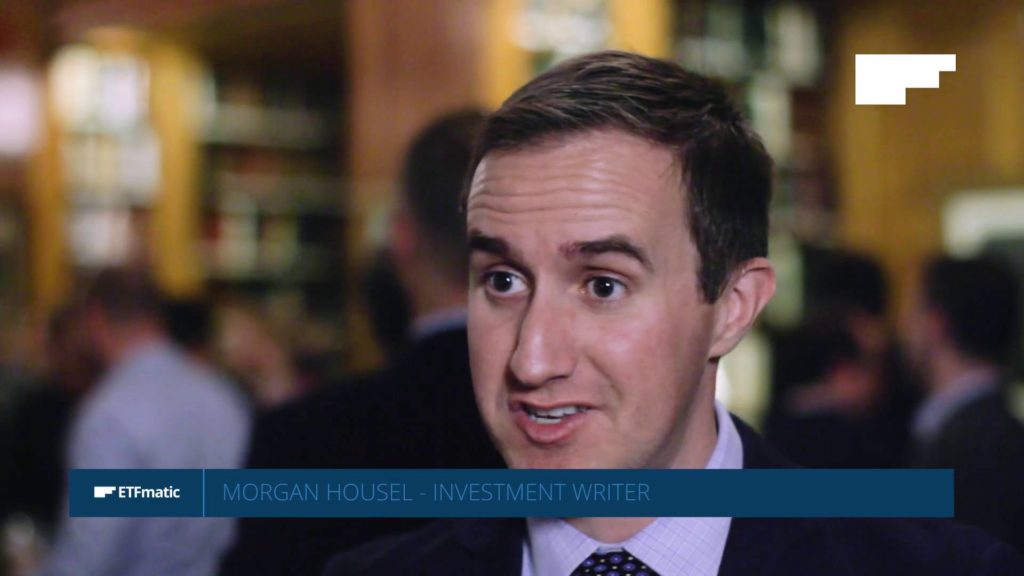In this Video Morgan Housel and Robin Powell explain why investors need to know themselves.
RP: The impression sometimes given by the financial media, indeed many financial advisers, is that successful investing is all about picking the right products.
Yes of course, products are important, but a much bigger factor ultimately is you. And that’s why one of the golden rules of investing is to know yourself.
Here’s the investment author Morgan Housel.
MH: You have to know your own temperament, your own appetite for risk, your own ability to overreact in highly emotional situations. Every investor needs to know that about themselves. And they kind of lay on a framework of investing that fits that personality. If you are a highly emotional person who’s susceptible to the big ups and downs of the markets, having a pretty conservative investment style is the right way to go for you.
RP: One of the biggest mistakes investors make is that they’re over-confident. They think they’re better than they really are at investing and, for example, at picking stocks, or trying to time the market. Instead, says Morgan Housel, investors should exercise far more humility.
MH: I’ve always thought outside of biology I don’t think there are as many organisations or systems that are as complicated as the global economy. I mean it is one of the most complex things. And the stock market to, trillions of moving parts that affect where the economy is going where the stock market might go. And when something is that complicated it’s very easy to form of a view of how you think it should work and that view being vastly different from how it actually works.
RP: Morgan is a strong advocate of investing passively investing, as opposed to using actively managed funds. But he also cautions against focussing too much on active verses passive. Yes, using passive funds will deliver better results. But you can undo any good they do if you don’t pay attention to your behaviour.
MH: Those kind of topics, I think, are less important than topics like your own behaviour. And I think a lot of investors try to manage around optimising down to the bases point, what’s the best portfolio for me to own. And then in 2009 the market falls 50% and they’re out and their panicked. And at that point, all of the optimisation that you did before, doesn’t matter anymore. So if you can nail down the behavioural aspect of investing, all of the optimisation that we layer on top of that matters less and less. It’s not that it doesn’t matter, it’s just of less importance than other aspects of investing.
RP: That’s it. Thank you to Morgan Housel. And thank you for watching. Until next time, goodbye.



